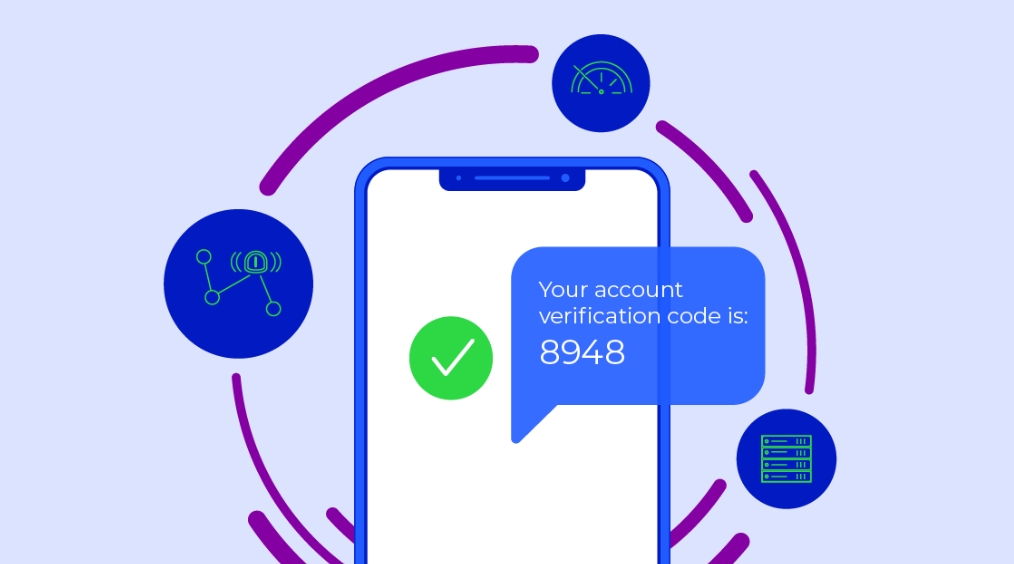Mobile operating systems iOS Android etc. Navigating the Mobile Landscape: A Closer Look at Operating Systems (iOS, Android, etc.) In the dynamic realm of mobile technology, operating systems serve as the backbone, dictating the functionality and user experience of our smartphones. Two major players, iOS and Android, dominate the market, each bringing its unique features and characteristics. This article delves into the intricacies of mobile operating systems, exploring the strengths, differences, and evolution of iOS, Android, and other notable players.
iOS: The Apple Ecosystem:
iOS, developed by Apple, is renowned for its sleek design, seamless integration across Apple devices, and emphasis on user privacy. The closed ecosystem ensures a consistent user experience, and regular updates bring new features and security enhancements. The App Store, curated for quality, contributes to a secure and controlled app environment. See more of our services: sms verification.
Apple’s iOS ecosystem, centered around iPhones and iPads, has become a major force in the tech world. It offers a seamless user experience, tight integration between devices, and a focus on security and privacy. However, it also comes with its own set of limitations and criticisms.
Android: The Open-Source Powerhouse:
Android, an open-source operating system developed by Google, offers a diverse and customizable experience. Its flexibility allows for a wide range of device manufacturers to use and modify the OS. The Google Play Store, with its vast app library, reflects the openness of the platform. Customization options, extensive device compatibility, and a variety of hardware choices characterize the Android ecosystem.
In the smartphone arena, Android stands out as the champion of openness and customization. Built on an open-source foundation, it offers flexibility, affordability, and a vast platform for innovation. However, the very features that empower users also bring their own set of challenges.

App Stores and Development:
Both iOS and Android platforms boast extensive app ecosystems, with millions of applications catering to diverse user needs. While the App Store follows a rigorous approval process, Google Play adopts a more inclusive approach, allowing developers greater freedom. The choice between the two often depends on a developer’s preference, target audience, and revenue model.
App stores, primarily the Apple App Store and Google Play Store, have revolutionized mobile application development and distribution. They offer developers a platform to reach millions of users and generate revenue, while providing users with a convenient way to discover and download apps. However, the relationship between app stores and developers is complex and involves several key aspects:
User Interface and Design Philosophy:
iOS is recognized for its intuitive and user-friendly interface, characterized by uniformity and simplicity. Apple’s design philosophy prioritizes a seamless and aesthetically pleasing experience. On the other hand, Android’s design principles emphasize customization, enabling users to personalize their devices with widgets, themes, and diverse home screen layouts.
Fragmentation Challenges:
One challenge associated with Android is device fragmentation, as different manufacturers release devices with varying hardware specifications and versions of the operating system. This can create compatibility issues for developers, making it more challenging to ensure a consistent user experience across all Android devices.

Security and Privacy:
iOS is often praised for its robust security features, including encrypted messages, app permissions, and strict app review processes. Apple’s commitment to user privacy is evident in features like App Tracking Transparency. Android, while continually improving security measures, faces challenges due to its open nature, requiring users to be vigilant in managing app permissions.
Emerging Players:
Beyond iOS and Android, there are emerging operating systems like HarmonyOS by Huawei and Fuchsia by Google. These seek to provide innovative solutions, including enhanced cross-device compatibility and improved security features. The evolution of these systems adds an interesting dimension to the mobile operating system landscape.
The world of mobile operating systems is marked by a dynamic interplay between iOS, Android, and emerging players. While each system has its strengths and weaknesses, the competition fosters innovation, driving advancements in user experience, security, and functionality. As technology continues to evolve, the landscape of mobile operating systems will undoubtedly undergo further transformations, shaping the way we interact with our smartphones in the years to come.



